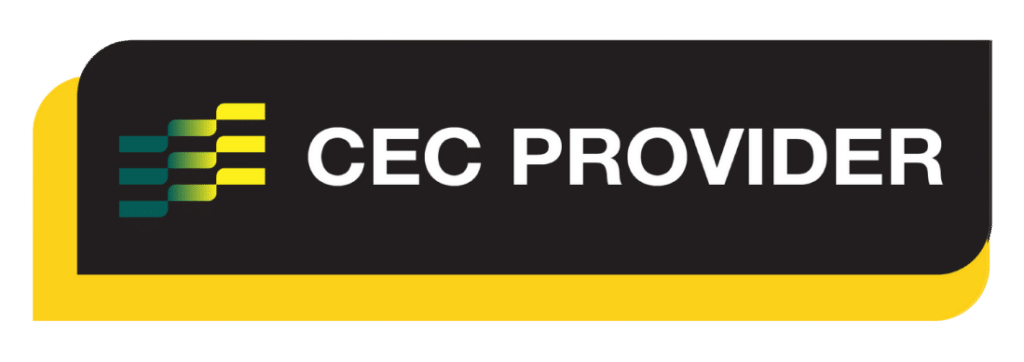Mat Repertoire
Side Kick Series:
Circles
Alternate Names
Circumduction
Derived From
Classical Mat Work: The Side Kick
Primary Element
Stability
Why for Primary?
To create, develop and connect with the pelvis stabilisation muscles such as gluteus medius and the deep core transversus abdominis whilst working in hip circumduction.
Secondary Element
Mobility
Why for Secondary?
To develop and improve mobility at the hip joint.
Tertiary Element
Strength
Why Tertiary?
To develop and improve hip abductor strength, namely the gluteus medius and minimus as the leg is lifting upwards.
Repetitions
4-5 each direction, each side
Plane of Motion
Transverse
Targeted Muscles
To create, develop and connect with the pelvis stabilisation muscles the focus is gluteus medius and gluteus minimus and the deep abdominal muscles transversus abdominis.
To strengthen gluteal muscles in abduction the focus is gluteus medius and gluteus minimus.
Warnings
This exercise may be unsuitable for clients with some hip, knee or ankle issues or if the client is unable to work through a pain free range of motion.
Execution
Lie on one side on the Mat leaning on the forearm of the lower arm. Engage the underside oblique abdominal muscles and shoulder stabilisers to support the torso. Rest the top leg on the underside leg, both legs extended, slightly forward of the torso and softly externally rotated and plantar flexed. Lift the top leg up to hip height and straighten the leg, engaging the hip abductors.
Exhale to trace the leg forward and down, inhale to draw the leg back and up – creating a small continuous circle at hip height. The work is on the lift upwards in abduction, then control the movement down and around for the remainder of the circle.
Observations
Do a body scan of the client taking note of the following points
- Pelvis
- Are the hip bones even vertically or is the client leaning their top hip bone back?
- Is the client neutral with their pelvis, with a gap underneath the underside waist? Use a rolled-up hand towel or foam to assist with the lift of the underside waist. The movement should come from the gluteals/side of the hip working not from the underside waist dropping down to achieve the lift of the top leg or the abduction phase of the movement
- Legs
- Is the top leg knee locked? You’re looking for a soft and straight knee, not dropping inwards and not locked. Have the client reach the knee up slightly to connect more into gluteal stability muscles
- Is the client able to keep the top leg at hip height or higher? Keep the leg lifted to avoid engaging the hip adductor muscles
- Feet
- Are the insides of the foot lifting or leaning outward? (supinated)
- Are the insides of the foot rolling inward? (pronated)
Learning Style Technique Cues
Auditory – word associations that connect mind and body
- The aim is to keep the pelvis and torso still whilst the leg is moving or minimise rocking the torso back and forward by engaging the abdominal muscles
- Say the client’s name when you’re about to interact with them
- Aim for a small but continuous movement throughout the repetitions
Visual
- Imagine tracing the same shape perimeter each time
- You may demonstrate a part of the movement as a visual representation for the client to see
Kinaesthetic
- The motion of the leg should feel smooth and continuous
- Press from the outer hips or gluteals and try to feel the resistance on the return phase also rather than letting the leg drop back down. Use a looped resistance band to assist with connecting into the feeling (looped around outside of ankles)
Modifications and Variations
Regress the exercise by
- Reducing the range of motion and pace, and by bending the underside leg to create more assistance with stability
- Working on Side Kick Series: Single Side Leg Lift
Progress the exercise by
- Adding an ankle weight
- Adding a looped resistance band around the outside of the ankles and pressing upwards into the band with the top leg
- Adding a Pilates ball or hand weight behind the knee of the top leg and bending the knee to assist in hamstring activation
- Progress towards Side Kick Series: Circles
- Progress towards Side Kick Series: Side Leg Lift in the Progressive repertoire
- Progress into Reformer Leg Work: Side Splits to focus on abduction
- Working towards Wunda Chair: Single Leg Press Crossover and Wunda Chair: Going Up Side
Series and Transitions
This exercise is part of the Side Kick series which includes a range of other exercises in the fundamental and progressive repertoire. The Side Kick series can also be found in the Reformer and Cadillac repertoire.
Inspired Academy follows the below order to focus on stability, before adding mobility and strength.
Fundamental repertoire

